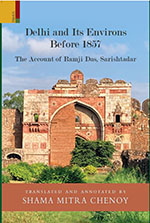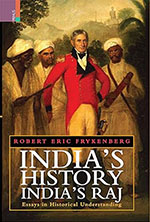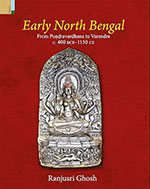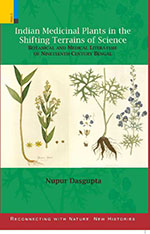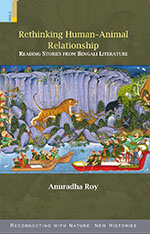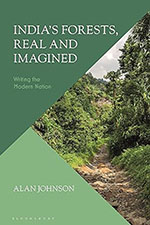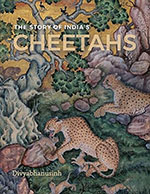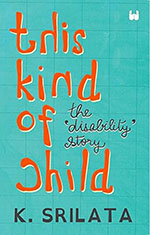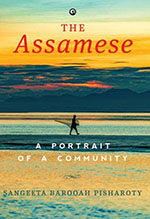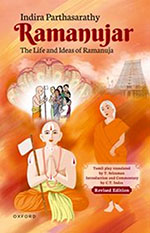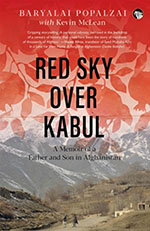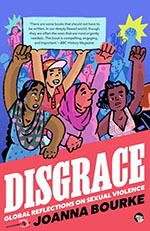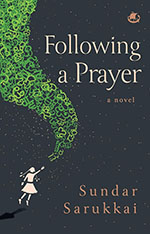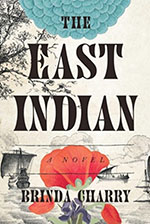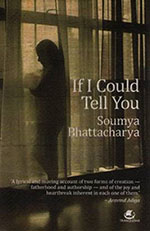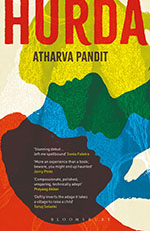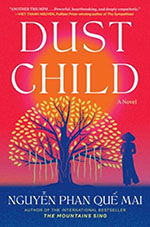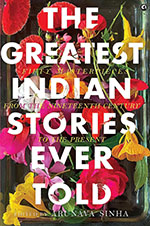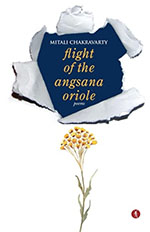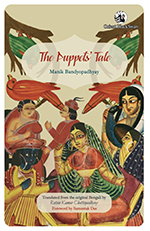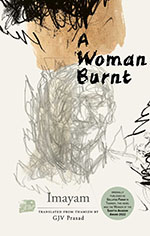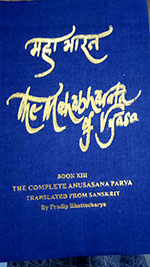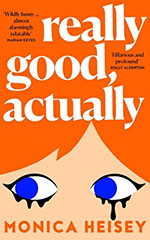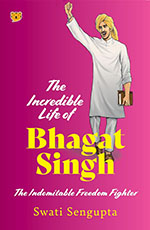While Sair-ul Manazil was the first attempt to chronicle the city, its structures, its people and their culture and weaving its past with the present, Reminiscences of Imperial Delhi was a compilation of the pictures, paintings and brief texts on certain people and structures of Delhi as it was in 1844
Archives
February 2024 . VOLUME 48, NUMBER 2Each of the twenty-five chapters is an essay written by Frykenberg, one of the most important economic historians of our times, during a career spanning over six decades. Besides economic issues, the articles in the present volume also deliberate upon facets pertaining to social,
The author informs that these sculptures are housed in different places—homes, courts, schools, private collections and police stations.
Nevertheless, as studies on British colonialism in India quintessentially sought to figure out the transition of non-European countries under colonial dominance, British engagement with plants and their medicinal value became too marginal to find mention in scholarly enquiries.
The work was initially undertaken as a project that was part of a research programme in Jadavpur University on the environmental history of South Asia.
That an academic book on literary representations of Indian forests provides a searching examination of Indian nationhood in the last 150 years makes it already a remarkable work of criticism; that its vantage—the forests of India—also yields a kaleidoscopic view of India’s diverse and ancient past of ecological engagement makes Alan Johnson’s India’s Forests an invaluable work of literary and environmentalist historiography. In an excellent, wide-ranging introduction
The Story of India’s Cheetahs by Divyabhanusinh Chavda has been written with the intent to arouse interest in the animal and to create an awareness about the Cheetah reintroduction programme.
Disability is born out of interactions of these impairments of mind and body with the external settings comprising the physical features present in the environment and the human components coupled with attitudes and perspectives.
The way he was described by the media defined the way all young offenders came to be caricatured in the society at large, which led to a further outrage against juvenile justice law in the country,
This is a pioneering effort to present the myriad important facets of the Assamese community in English. The primary objective is to fill the knowledge gaps about the community, especially among the younger members and the fast-increasing diaspora, and equally importantly, to reach out to the non-Assamese in India and the English-speaking world.
Indira Parthasarathy, stalwart Tamil writer, is acknowledged as one of those who have revolutionized modern Tamil drama. Many of his plays have been translated into English and other Indian languages and staged in the Tamil original as well as in translations. Besides nine full-length and seven one-act plays
Among the several hundred Pashtun tribes scattered along the borderlands between Afghanistan and Pakistan, the Popalzai are possibly the most distinguished.
The nine-chaptered book by Joanna Bourke was first published in Britain in 2022. The South Asia edition has a dedicated preface for the Indian Edition. Joanna Bourke considers the year 2022 a pivotal year in the context of sexual violence in India as it marks the release of eleven prisoners convicted for life for the rape of Bilkis Bano. ‘In the 75th year of India’s Independence,
Though Indians have been travelling for the last few centuries, documentation of their travels have been scarce and far between. Pilgrimage, trade, and conquest drove the earliest subcontinental travels, but it was specifically a male domain.
The girl, Kalpana, spends three harrowing days and nights in a forest and is finally found lying near a road and brought back safe. But she has become silent and except for whispering a few words to her little sister much later in the story, she never utters a single sound.
For Indian readers, the contemporary ‘diaspora-novel’ (i.e., stories of individuals who migrate/move away from their homeland) has come a long way since 1991,
This novel was first published by Tranquebar in 2009 and has been republished in 2022 as a paperback by Speaking Tiger. Soumya Bhattacharya is an established journalist, and writer of well-regarded books on cricket
2023
Hurda is a riveting read. Three young children—sisters, the eldest among them aged 14, are missing and subsequently found dead. They are survived by a poor family of three:
2023
Wars are terrible tragedies. Especially like in Vietnam where it was pointless, just ‘a senseless blunder’. The dramatic flexing of the American muscles to prevent the ‘domino theory’, that if one nation turned Communist, it would likely influence other nations to the same end, is a misguided thought, although strongly backed by American presidents. It is a reflection of their exaggerated national fears and geopolitical strategies.
2023
Arunava Sinha’s The Greatest Indian Stories Ever Told is an ocean resounding narrative themes and linguistic expressions that spread across centuries.
2022
Living in Air, a collection of seventeen stories by Ipshita Chanda, opens with the story ‘Wings’, an ode to the 18th century Urdu poet Mah Laqa Bai Chanda from Hyderabad
Word-induced silence makes witnessing both horrifying and lyrical, and it alters the understanding of the universe of emotions more profoundly, bringing in multi-layered, untold, exotic moments of epiphany.
Chakravarty’s Introduction comes with another poem in which she writes about angsanas that bloomed on trees and orioles ‘magicked out of the unseen leaves’. To her, they stand for the innocence of childhood.
The appeal of the novel lies in its conception as a microcosm where at the intrinsic level is a noticeable absence of an omnipotent author dictating mandates of life for his characters.
The plot revolves around Revathi’s marriage to Ravi, an auto driver living in a slum that houses erstwhile refugees from Burma who settled down in Tamil Nadu.
Bhishma is not perfect, is a flawed character himself. When Chitrangada, son of Shantanu by Satyavati died, his brother Vichitravirya ascends the throne.
he novel begins in media res with Maggie’s meditations on the recent separation from Jon, her partner who moved out of their shared one-bedroom apartment in the city along with their pet cat.
Author and journalist Swati Sengupta from Kolkata has breathed life into every line of her meticulous research (whose sources are duly mentioned). Illustrator Sridatri Tagore has livened it up by the intelligent spacing of her illustration,

